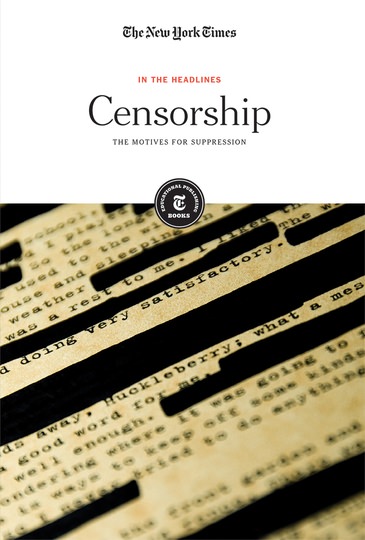
Censorship
The Motives for Suppression
In October 2018, Jamal Khashoggi, a prominent journalist who was critical of the Saudi Arabian government, was assassinated at the Saudi consulate in Istanbul. His was an extreme case of censorship: the act of suppressing people, platforms, and ideas that are contrary to the status quo. Why do governments, publications, and other entities censor information? Is motivation driven only by authoritarian power, or are there sometimes benefits to censorship, as in that of the U.S. press during times of war? In this collection, readers encounter cases of suppression in the arts, scientific studies, and the evolution of censorship in the internet age, particularly in nations such as China, Russia, and Saudi Arabia. Media literacy questions and terms aid readers in analyzing how this complex topic is reported.















